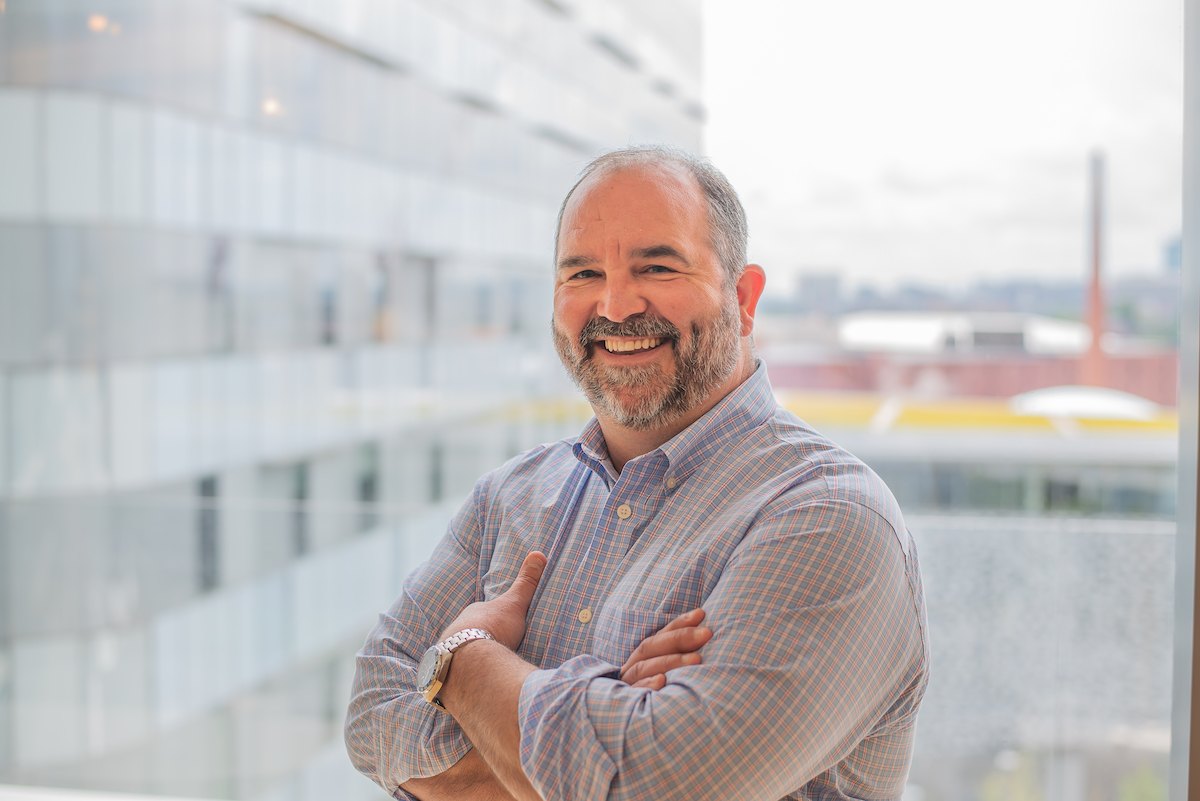Daily Discoveries
For most people, the word “medicine” conjures images of medicine containers or over-the-counter syrups, but for Craig Mickanin, it encompasses a far broader set of tools. A biopharmaceutical researcher at Novartis, Craig spent most of his two-decade career studying cell and gene therapies, an emerging group of treatments that until recently seemed like science fiction.
Consider CAR-T, a process by which a sample of a patient's own blood cells are extracted and genetically altered to selectively target cancer before being re-injected into the body. The ultimate form of personalized medicine, this revolutionary treatment has already begun changing the way we treat certain types of blood cancers, after the U.S. Food and Drug Administration (FDA) approved the first two CAR-T therapies in 2017.
“Today’s innovations involve much more elegant ways of treating disease,” Craig says. “The concept of a ‘drug’ is changing dramatically.”


